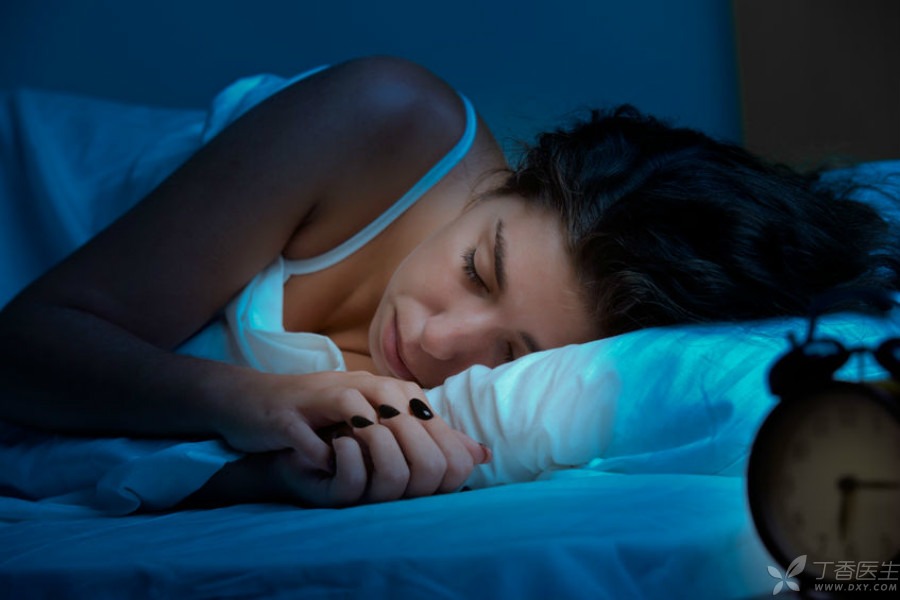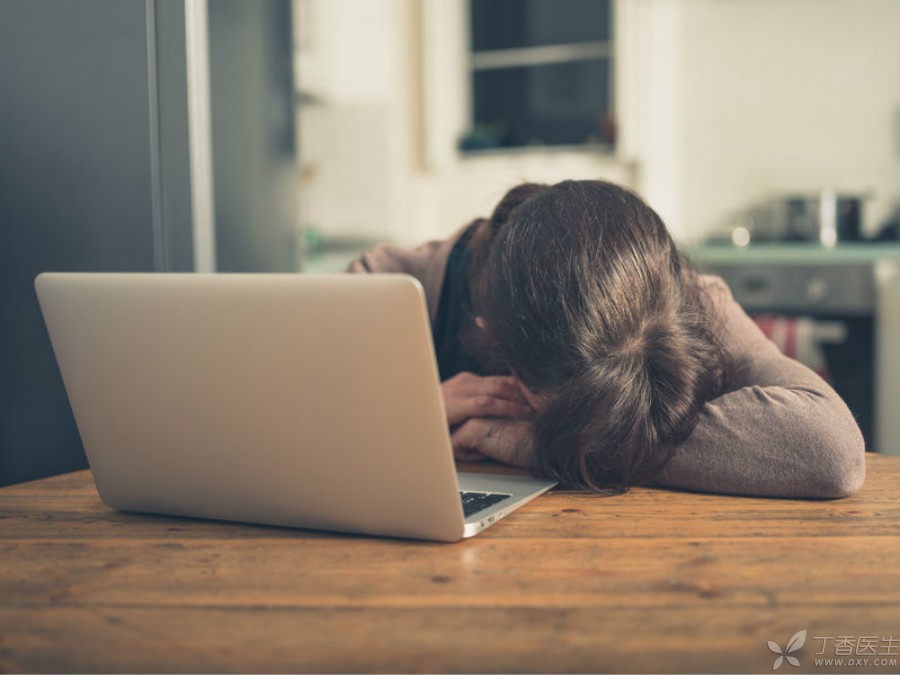
Each of us has a few nights in our life when we can’t sleep.
Some people, once they encounter these sleepless situations, are anxious:
Ah, ah, ah, ah, what should I do if I lose sleep? Help!
At this time, a worry will only make you more unable to sleep. More importantly, this! It’s not insomnia at all!
There are also some people who have indeed suffered from insomnia but are not aware of themselves.
As a result, they are inefficient during the day, their health gradually declines, and they have been at risk of illness or even sudden death, but they know nothing about it.
This time, let’s talk about which [insomnia] is not a big deal and which insomnia really needs attention.
None of these conditions is insomnia.

1. Don’t fall asleep just after touching the pillow.
I have been suffering from insomnia for a while. I hope you can help me.
I used to be able to sleep when I lay down, but now I have to churn for a long time, at least for a quarter of an hour, and my heart is very anxious. What should I do?
In fact, it is normal to be ready to fall asleep and fall asleep within half an hour after lying in bed.
Many factors will affect the time when we feel sleepy and fall asleep, but as long as we don’t affect our energy during the day, we really don’t have to struggle with how long it takes to fall asleep at night.

2. Can’t sleep eight hours a day
I have been suffering from insomnia for 20 years. Every day at 8: 30, I go to bed ready to go to bed, but I just can’t sleep and have to suffer until more than 10 o’clock.
I need to get up at 6 o’clock every morning. I can only sleep eight hours a day.
As we get older, the amount of sleep we need every day gradually decreases.
Babies may need 18 hours a day and only 10 hours in primary school. After going to college and working, maybe we can sleep 7 or 8 hours a day.
Moreover, how much sleep you sleep every day is actually a very personal matter. If you sleep for 8 hours, some people will feel that you haven’t slept enough, while others will feel energetic.
Therefore, it doesn’t matter how long you sleep, just feel [slept enough].
3. Occasionally I can’t sleep once in a while.

Last week, I stayed up all night to catch up on the project. At dawn, I felt that people were empty.
After a long sleep during my lunch break, I felt relieved. As a result, I actually lost sleep until 3: 30 that night. Do you want to see a doctor?
We may suddenly be unable to sleep for many reasons, and some people will worry about it before going to bed, fearing that we will suffer from insomnia.
In fact, at this time we can give priority to believing in the body’s self-regulation.
The brain can compensate by increasing deep sleep within a day or two after lack of sleep. Although it will affect the body, it will not [work and rest will be chaotic from now on]. Otherwise, how can the international flight party feel?
Be careful, worry about [what if you can’t sleep] before going to bed, which may lead to you really can’t sleep every night…
Therefore, whether there is insomnia or not is a very important criterion: whether it affects your normal work and life.
Occasionally [insomnia], try these 7 tricks

In fact, most of the less complicated [insomnia] that most of us experience is actually related to [sleep hygiene].
Simply put, [sleep hygiene] is sleep-related living habits, such as eating what, drinking what, playing what, making what, where to sleep, how to sleep, etc.
To ensure good [sleep hygiene], at least the following seven points need to be done:
-
Go to bed when you are sleepy: don’t watch TV or play with your cell phone in bed;
-
Develop bedtime habits: Develop bedtime habits that calm people down, such as bathing, brushing teeth, reading, etc.
-
Exercise at appropriate time and intensity: do moderate exercise in the evening, but avoid it before going to bed;
-
Avoid alcohol, tobacco and coffee before going to bed: alcohol cannot help sleep, which will make people sleep more unsteadily; Don’t smoke or drink coffee for a few hours before going to bed.
-
Don’t drink water or drink less water before going to bed: try to avoid holding urine and waking up from going to the toilet;
-
Soothing anxious mood: recall or imagine other calm and relaxing things and avoid thinking about anxious things;
-
Comfortable sleeping environment: bedroom layout should be dark and quiet, comfortable bed, room temperature around 24 ℃ and appropriate humidity, quilt should not be too heavy, these can better promote sleep.
Really insomnia, don’t ignore

There is also a kind of friends whose lack of sleep has obviously affected their lives, but they are unaware of it … for example, little orange, who loves his work.
The last time I saw Xiao Orange was at her house. We sat at the table and chatted after lunch. She has been catching a cold recently. Her whole face is dark and her dark circles are a little deep.
At some point, I could see that she was distracted. She has made two or three minor mistakes in her recent work, which makes her feel a little agitated and helpless. I am going to leave. She said frankly that she needs to work overtime, so she will not keep me.
When I left, I tentatively asked [haven’t slept well recently, take advantage of the weekend to sleep more], and she shrugged her shoulders indifferently.
Lack of sleep has a lot of effects on the body, like small oranges, at least there are immunity decline, skin deterioration, inattention, reaction speed decline, memory decline, work efficiency decline, fatigue, irritability, mood swings…
If you have similar problems, please consider whether you have insufficient sleep time or sleep quality problems.
In these cases, you need to see a doctor.

If there is one of the following conditions, it is recommended that you consult a professional psychiatrist or psychotherapist:
-
Can’t sleep at night, resulting in feeling that I haven’t slept enough, affecting the daytime state, intermittently lasting for at least one month, or for one week in a row;
-
Feel not asleep, sleep and wake up from time to time, affect the daytime state, intermittent for at least one month, or for one week in a row;
-
If you wake up before dawn or just after dawn and can’t sleep any more, you will feel that you haven’t slept enough and affect your daytime state.
-
I feel that I have been dreaming all the time, and the more I sleep, the more tired I am, which affects my daytime state. It lasts intermittently for at least one month or one week in a row.
Generally speaking, when [poor sleep] has affected your daytime life, reduced your work efficiency and quality of life, and lasted for a period of time, then you really need to start to pay attention to this problem.
